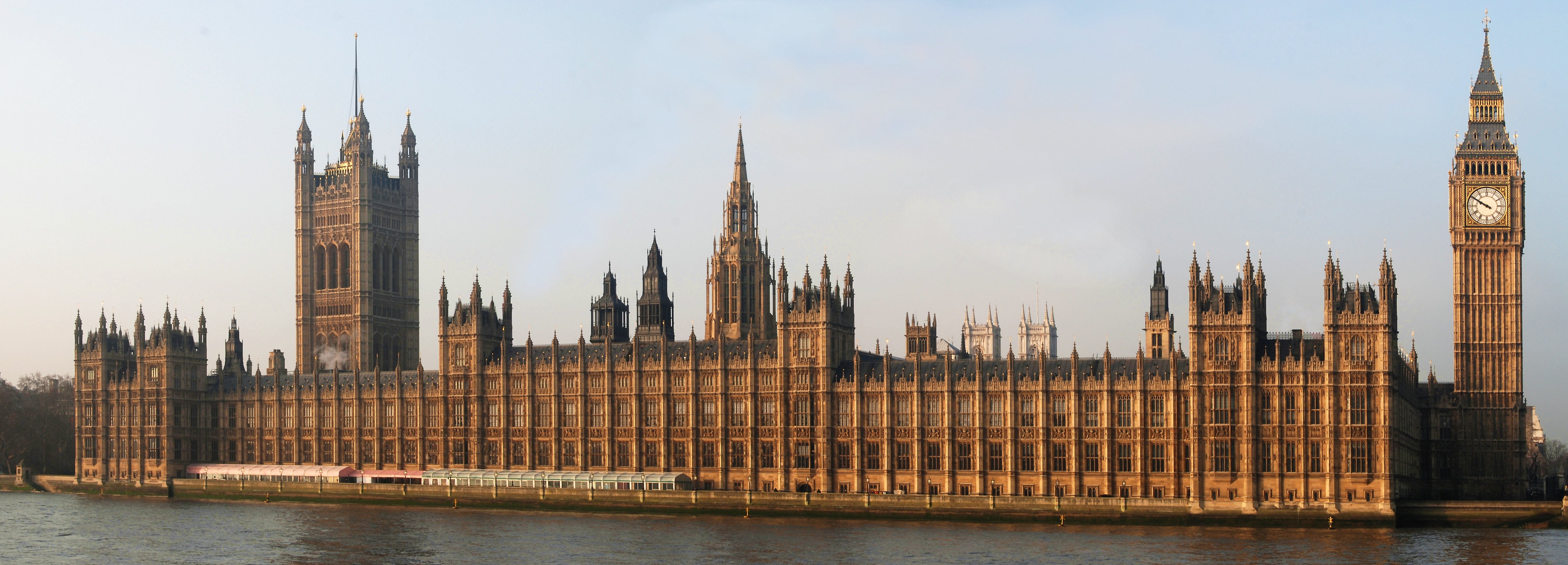
May 5, 2016, by Brigitte Nerlich
Science communication and the role of the Government
On 23 March 2016 the Science and Technology Committee launched an “inquiry on how the Government, scientists, the media and others encourage and facilitate public awareness of – and engagement in – science.”
Science communication inquiry
Two responses to this ‘Science communication inquiry’ have so far been submitted (as far as I am aware), one by the British Science Association and another by the AsSIST-UK the UK national professional association for social studies of science and technology; the UK based research network, Science in Public, and the international Public Communication of Science and Technology Network (PCST). These submissions ask for more investment in and rewards for science communication and communicators. They also recommend some cultural changes in how science communication is understood and practiced.
(Here is the full list of submissions now! And it is getting longer by the day; updated 12 May) (And here is a transcript of the hearing)
Scientists and the media
More or less at the same time as this inquiry was launched, scientists became involved in two high-profile science communication events, both focusing on the relationship between science, media and trust. In late April a so-called hype checker for climate change news, Climate Feedback, which fact-checks media articles on climate change for accuracy, launched a $30,000 fund-raising campaign. On 20 April a group of distinguished scientists sent a letter to The Times chiding this venerable old newspaper for some rather contentious climate change coverage. In the words of Lord Krebs, the letter’s lead author, scientists challenged “poor media reporting on climate change” using some data provided by Climate Feedback.
Climate change is of course one of the most difficult issues for science communicators to tackle (and this includes dealing with issues of risk communication, health communication, (un)certainty communication and much more), and much could be said about climate change communication as part of science communication. In the context of the Science and Technology Committee’s inquiry, it would be nice to see some submissions from ‘science communicators’, such as the Government’s Chief Scientific Advisors, but also the Department of Energy and Climate Change and the Department for Environment Food & Rural Affairs, for example.
(There are now submissions from BIS and the Met Office; updated 14 May)
(On climate change, there is now a submission by the Grantham Research Institute; updated 14 May)
This is important, as the inquiry asks not only how scientists, science communicators and the media are raising awareness of science and engaging people with and in science. It also asks how the Government itself encourages such awareness of and engagement with science.
Science communication and the Government
As the introduction to the inquiry has stressed, the Government has supported science communication in various ways. However, such support may not be enough to enable good science communication to flourish, to be valued and to be rewarded. A vast amount of science communication emerges from Universities and is carried out by university scientists. Scientists (social, natural…) engage in science communication, outreach, public dialogue and engagement alongside teaching, research, and administration.
Increasingly, scientists’ time is also taken up with making money and they are encouraged to engage with business and industry and to generate impact. Such collaborations and such ‘knowledge transfer’ are regarded rather positively by the Government; they are valued and rewarded. This poses problems though, as trust in scientists is, on the whole, only as high as their collaboration with private business and industry is low (Public Attitudes to Science Survey, 2014, p. 2; Wellcome Trust Monitor report, 2016, p. 24), and as industrial partnerships impose limits and boundaries that are detrimental to science communication. In this context, impact generation too, albeit a well-intentioned agenda, might, in the end, threaten activities such as “awareness-raising and conceptual impact via public engagement”.
At the moment, scientists, social, natural and other, working at universities in the UK are publicly funded or funded by ‘the public’. As Phil Moriarty, one of many brilliant science communicators at our university, has said: “We therefore have an obligation to explain our research to the people who fund it.” If that communication becomes tainted by issues of ‘time’ and ‘money’, as it increasingly is, then trust in the communicators and the institutions they work in and for might decrease and academics at least, perhaps not professional science communicators, might not be able to live up to the Government’s high expectations.
Overall then, science communication can only flourish when it is embedded in a supportive political environment. Creating and maintaining such an environment is in the hands of the Government.
(There is a valuable submission by Jane Gregory who explores some of these points, and many more, in much greater detail – well worth a read; updated 14 May)

The fact that one of my MEP’s is a climate change denier – and has a political party and huge reach to spread his message, makes me sad. Just as sad as the fact that this country has senior and powerful MP’s who believe in (and promote) homeopathy as a valid treatment. I think if politicians want to talk about science communication they should first have a good, hard, look at themselves and see if they are meeting the bar they expect the rest of the country to.
I totally agree with you!